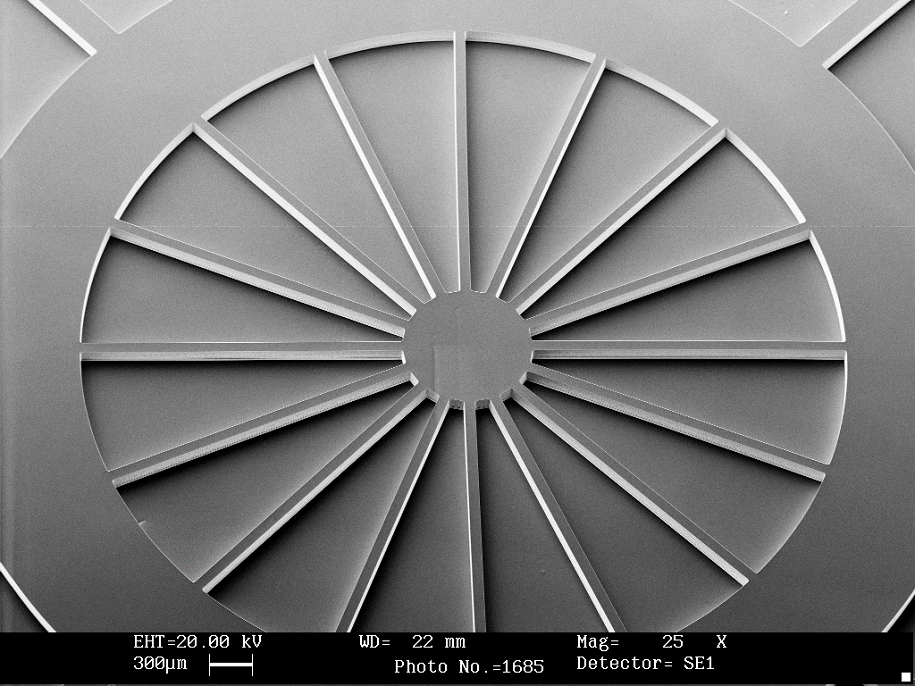Our future
success is based on our proven ability to bring together varied component
technologies, assemble them on a common platform and provide the
electrical, fluid and optical connection required by today’s process
chemists and engineers.
Our Mission
To use the latest MEMS technology to fashion revolutionary microchemical
products that make it truly possible for our clients to perform
“Chemistry. Anywhere. Anytime.”
About Protasis UK
Protasis UK is
one of six recently-formed microchemistry design centers created by Protasis
Corporation to seize market ascendancy in the global race to
miniaturize and optimize chemical devices and methods and bring them out
of the lab to their point-of-use. Each design center has its own competency focus and all have
skill in integrating microchemistry components into instrumental systems.
Protasis UK
was assembled in February, 2000 through the purchase of the IP assets of Microsensors
in Space & Terrestrial Biology (MSTB) and the hiring of one of its founding scientists, Dr. David Barrow. Barrow, professor of microsystems technology
and director of the Laboratory for Applied Microsystems at Cardiff
University is among the foremost MEMS scientists in the European
community.
In his previous work with The European Space Agency and other aerospace
and pharmaceutical companies, Dr. Barrow demonstrated
considerable proficiency in emerging new microfabrication techniques such
as etching, bonding, LIGA, laser machining, integration and packaging.
Since then, David
has designed several prototype microchemistry components,
including biochips, sensors, and cartridge readers as well as instrument
control software. All will be incorporated into a line of Protasis
Corporation microconsumables that will be brought to market in 2002.
Hybrid
Integration:
Solving Tomorrow’s
Problems with Today’s Newest Thinking
Choosing the best
available microcomponents for performing a range of different tasks, often
results in a mixed bag of technologies that just can’t be harmonized
into a monolithic integration strategy.
Enter Protasis UK
with an alternative, dynamic approach that is based on the assembly of
varied component technologies, fabricated using a variety of methodologies
and materials, which are then assembled on a common platform to deliver
the electrical, fluid and optical connections required by today’s
process chemists and engineers.
The flexibility of
this synthesized approach makes it the most appropriate route to
very-large-scale-integrated devices in the microelectronics industry. The
benefits are clear: the
choice of component technologies is not limited by the integration, and
components can be chosen from the entire range available, meaning choices
can be made on the basis of suitability and performance.
In addition, production yields can be improved by the opportunity
to test individual components prior to assembly.

micro-Thames
A working Protasis
microscape

Deep Reactive Ion Etch
Rapid prototyping in polymer structures.
Blood Gas Sensor
Protasis uses
hybrid integration to create microchemistry circuits.